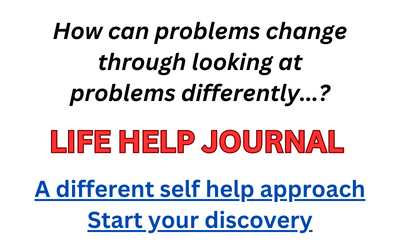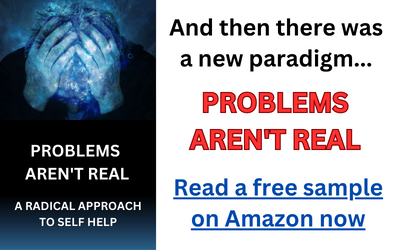I saw a comment, not long ago, where a public figure proclaimed God’s greatness and kindness in response to this person’s professional success. The comment struck me as odd. God provided, or assisted, this person with their professional and financial success?
Really?
Why would God provide this person with fortuitous life conditions but deny such fortune to others? What did this person do “right”, in God’s eyes, that other people do “wrong”?
Does God play favorites?
Some people essentially believe this: they claim that God favors certain people over others based upon their beliefs or acts. I cannot embrace this outlook, that such an advanced presence as God must be would engage in ego behaviors like favoritism and spite.
So what gives then? Why does it sometimes appear that God is not helping us, or even holding out on us?
There are a number of possible explanations. One explanation possibility is that God is not something real, and so praying to God for assistance is futile. This is an outlook many atheists take. I don’t subscribe to it however.
I do “believe” in God but not because of blind faith or fearful subservience (just in case God really does exist) — two of the more common reasons for God faith, as I see it. I believe in God because I regularly feel an internal presence that I describe as a combination of euphoria, warmth, and care. I can feel this presence when I am out of mind; that is to say when I am not immersed in mental activity, when there is mental quiet and / or when there is space between me and mental activity.
This might be described as internal peace.
Whatever the description the feeling of it is undeniable: I don’t have to wonder about it, or guess — it is there, absolutely, and it is extraordinary. Is this presence certainly God? Not certainly, but I am securely confident that it is. I’d suggest to anyone to make this internal connection for themselves and then judge.
A second explanation possibility is that we’re “looking for God” in the wrong places. Consider the following quote, attributed to Jesus within the Bible:
Neither shall they say, Lo here! or, lo there! for, behold, the kingdom of God is within you.
Most people, when they ask of God (or pray if you’d prefer) envision their communications as going outward, to a deity that is “out there” somewhere. But according to Jesus — and other spiritual teachers as well — God isn’t out there at all. Looking for God? Look in, not out.
In his work Wishes Fulfilled – Mastering the Art of Manifesting, Wayne Dyer says that God isn’t just within us — we are God. Dyer expects that this will sound like blasphemy to some, and so directs the audience to the following Biblical quote as a response:
And God said unto Moses, I Am That I Am: and he said, Thus shalt thou say unto the children of Israel, I Am hath sent me unto you.
Here God provides us with a name: I Am. Is this simply an arbitrary name choice? Certainly not (it does, after all, come from God). If we take the Biblical quote above to heart and I ask of you, ‘Who is God?’, you can only provide this answer… I Am.
Who is God? I am.
If we are a direct extension of God, with the power to create solely through our focus — to calleth those things which are not, as though they were — what have we been calling forward with our ongoing ego cries of lack, of fear of lack, of not enough? What has our creation focus been intent upon?
And what has been created? Let us honestly look at our life circumstances and see for ourselves what’s there.
To sum it all up maybe God hasn’t been holding out on us at all; perhaps God — us — have been giving us exactly what we’ve been asking for by our consistently focusing upon it. In this case, financial lack.
This isn’t to say that we shouldn’t worry or become upset when an experience of not having enough comes up. It’s very difficult not to react to this and most people, including me, do react at least some of the time. It is to say, however, that we should endeavor not to get caught in ego stories — to maintain the natural space that exists between us and our ego voice.
If we do this we stop our mental focus on lack; then our focus on what we do want (abundance) doesn’t get overwhelmed by what we don’t want (lack).

